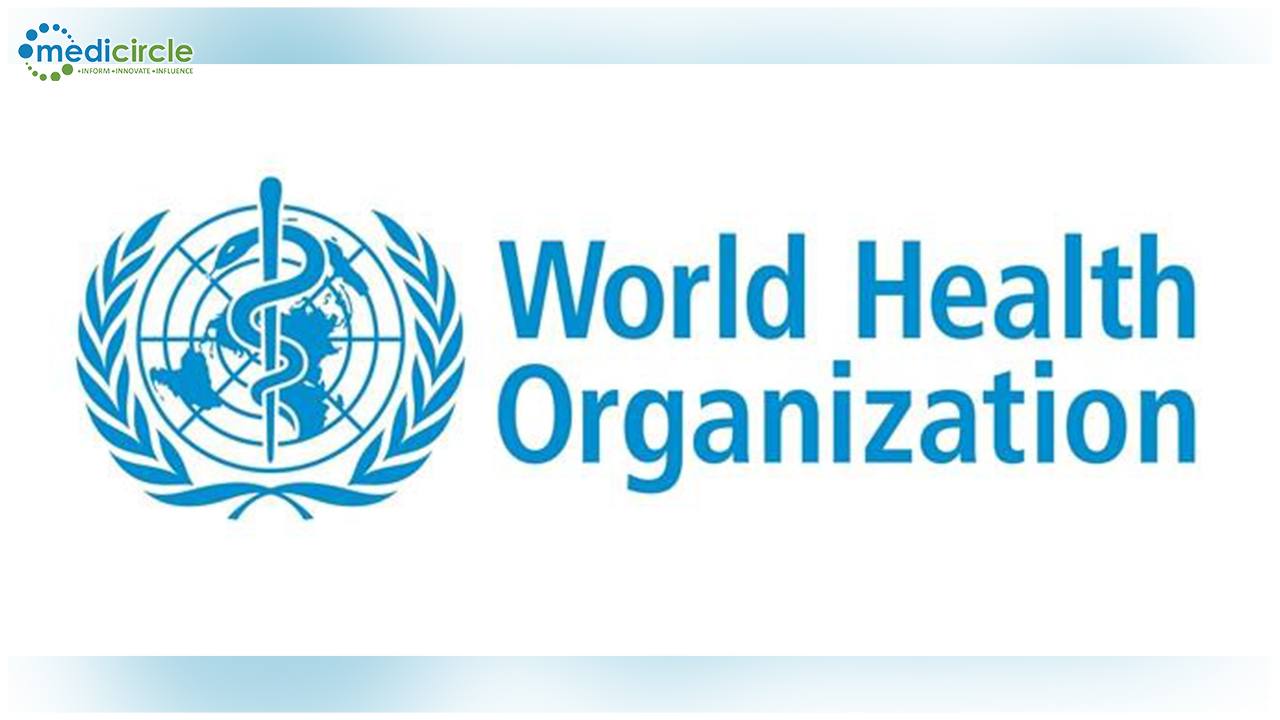As COVID-19 catches worldwide features, the World Health Organization (WHO) cautioned Tuesday that the world needs almost 6,000,000 medical caretakers.
The UN's wellbeing office alongside accomplices Nursing Now and the International Council of Nurses (ICN) underscored in a report the urgent pretended by attendants, who make up the greater part of all wellbeing laborers around the world.
"Attendants are the foundation of any wellbeing framework," WHO boss Tedros Adhanom Ghebreyesus said in an announcement.
"Today, numerous medical attendants end up on the cutting edge in the fight against COVID-19," he noted, including that it was imperative they "get the help they have to keep the world solid."
The report said that there are just shy of 28 million medical attendants on the planet.
In the five years paving the way to 2018, the number developed by 4.7 million.
"Yet, this despite everything leaves a worldwide shortage of 5.9 million," the WHO stated, calling attention to that the best holes were in more unfortunate nations in Africa, Southeast Asia, the Middle East and parts of South America.
The report encouraged nations to recognize holes in their nursing workforce and put resources into nursing instruction, employments, and authority.
Deficiencies 'exhaust workforce'
ICN CEO Howard Catton told virtual instructions that contamination rates, medicine blunders, and death rates "are generally higher where there are too not many attendants".
Moreover, "deficiencies exhaust our present nursing workforce", he included.
In battling the pandemic, Mary Watkins, who co-led the report for Nursing Now, called for dire interest in infection tests for human services laborers.
"We have a high extent of social insurance laborers not going to work since they're worried about the possibility that they've been tainted and that they can't demonstrate that they lack the disease - or that they've had it, and they're over it," she said.
Catton said that 23 medical caretakers had passed on in Italy and referred to figures recommending that around 100 wellbeing laborers had kicked the bucket the world over.
Then he said there were reports of nine percent of wellbeing laborers being tainted in Italy and "we're currently becoming aware of paces of diseases up to 14 percent in Spain".
He likewise referred to reports of "totally unsuitable and unforgivable" assaults on wellbeing laborers fighting COVID-19, to a great extent because of numbness about their work, joined with nations not doing what's needed to secure them.
"COVID is placing it into an obvious focal point for every one of us," he stated, however, he invited the developing gratefulness in certain nations of medical caretaker's work.
Catton said that could help change the view of the benefit of nursing - which thus may help make it an increasingly alluring calling.
Male enrollment
Past COVID-19, Watkins said numerous wealthier nations were not creating enough attendants to meet their own medicinal services needs, and we're in this manner dependent on relocation, fueling deficiencies in less fortunate nations.
"80% of the world's attendants just right now serve 50 percent of the total populace," she noted.
Catton cautioned of dangers that more extravagant nations would depend on the Philippines and India to "supply the world with attendants", which could prompt critical deficiencies in India.
The specialists said nursing stays female-commanded and expected to select more men.
"There is clear proof that where there are more men in any calling on the planet, the compensation and the terms and conditions improve," Watkins said.

 The UN's health agency along with partners Nursing Now and the International Council of Nurses (ICN) underscored in a report the crucial role played by nurses, who make up more than half of all health workers worldwide.
The UN's health agency along with partners Nursing Now and the International Council of Nurses (ICN) underscored in a report the crucial role played by nurses, who make up more than half of all health workers worldwide.




.jpeg)

.jpeg)
.jpeg)
.jpeg)
.jpeg)
.jpeg)
.jpeg)
.jpeg)
.jpg)





.jpeg)

.jpeg)








